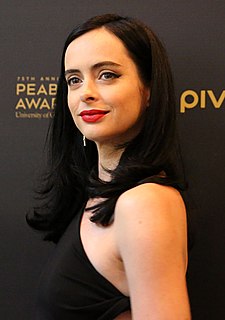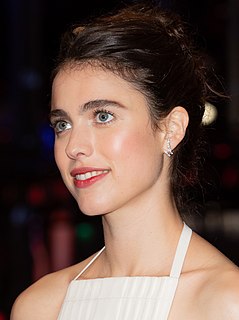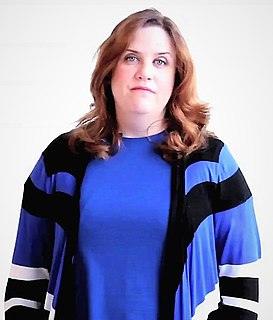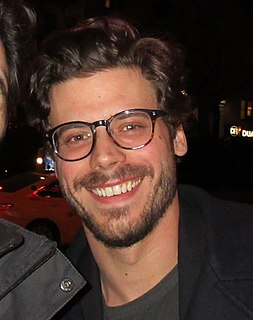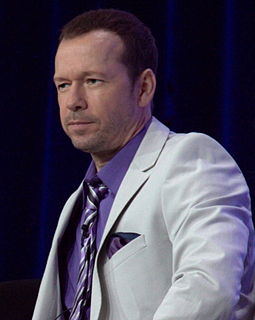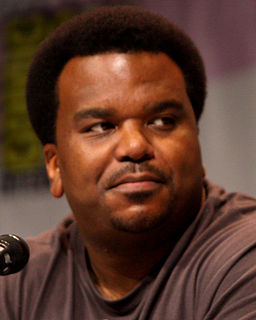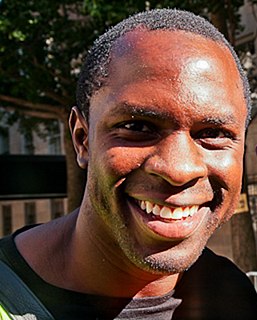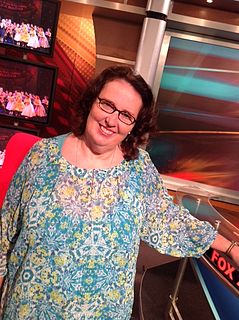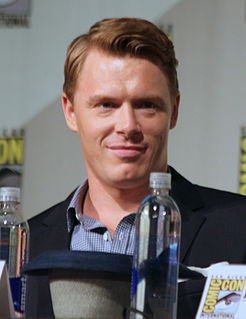A Quote by Krysten Ritter
I like to audition for good projects because if it's a good project, it's an opportunity to get in front of a casting director.
Related Quotes
Finally, I was called for "The Office" and I was really lucky, because a lot of the shows that I went out for I would work my way up from, like, an audition with the casting director to the director to the producers to the studio, I'd go through seven auditions, and then they'd give the role to a famous actress.
I'm not sure I'll find acting satisfying creatively forever. If you get the good roles, it's great - if you have the freedom to choose your projects and not just do anything and everything. But I'd love to artistically commit to a project from beginning to end, which I think you can only do as a writer or director.
Tobin Bell wasn't obligated to do the second Saw film but he wanted to. I think they brought me into this film because there's a first time director, and my reputation is one of an actor who's there for the betterment of the project. I'm not there to better myself. I'm there to bring all my resources to the project to make it as good as it can be. In the end, that makes everyone look good.
A good director creates a playground for actors, and lets them go. The trick for a good director is in casting properly, and creating the playroom, and then they'll get stuff that they don't expect, and can't even direct. All the audience wants to believe is that whatever is happening, it is happening for the first time. They want to see the people within the work exchanging dialogue and action in that moment. There are not a lot of actors that can do that.
With a director it's all about the work; I'd work with a great director over - you know, I'm not the kind of actor who that doesn't go, 'I want to play this role.' It's more like, 'I want to work with this director,' regardless of what the role is because if it's a good director, you'll probably find a good role because it's a decent film. But a mediocre director will always make a mediocre movie.
In any of the big acting cities, there are breakdowns that the casting directors put together for the projects that they're working on and then they get sent out to the agents and stuff like that. It's difficult to find projects, sometimes, unless your agent or manager is submitting you for those specific projects.
